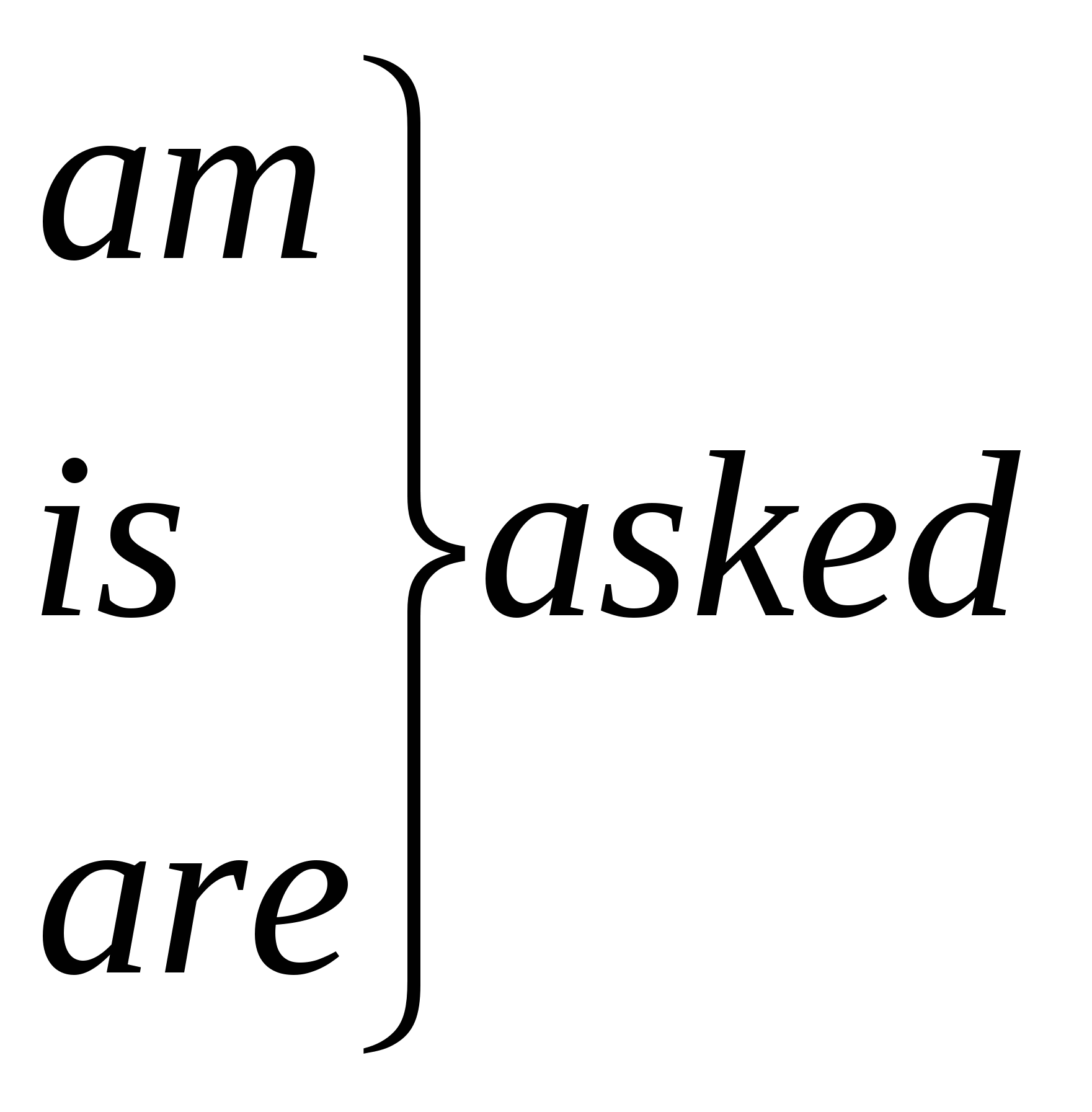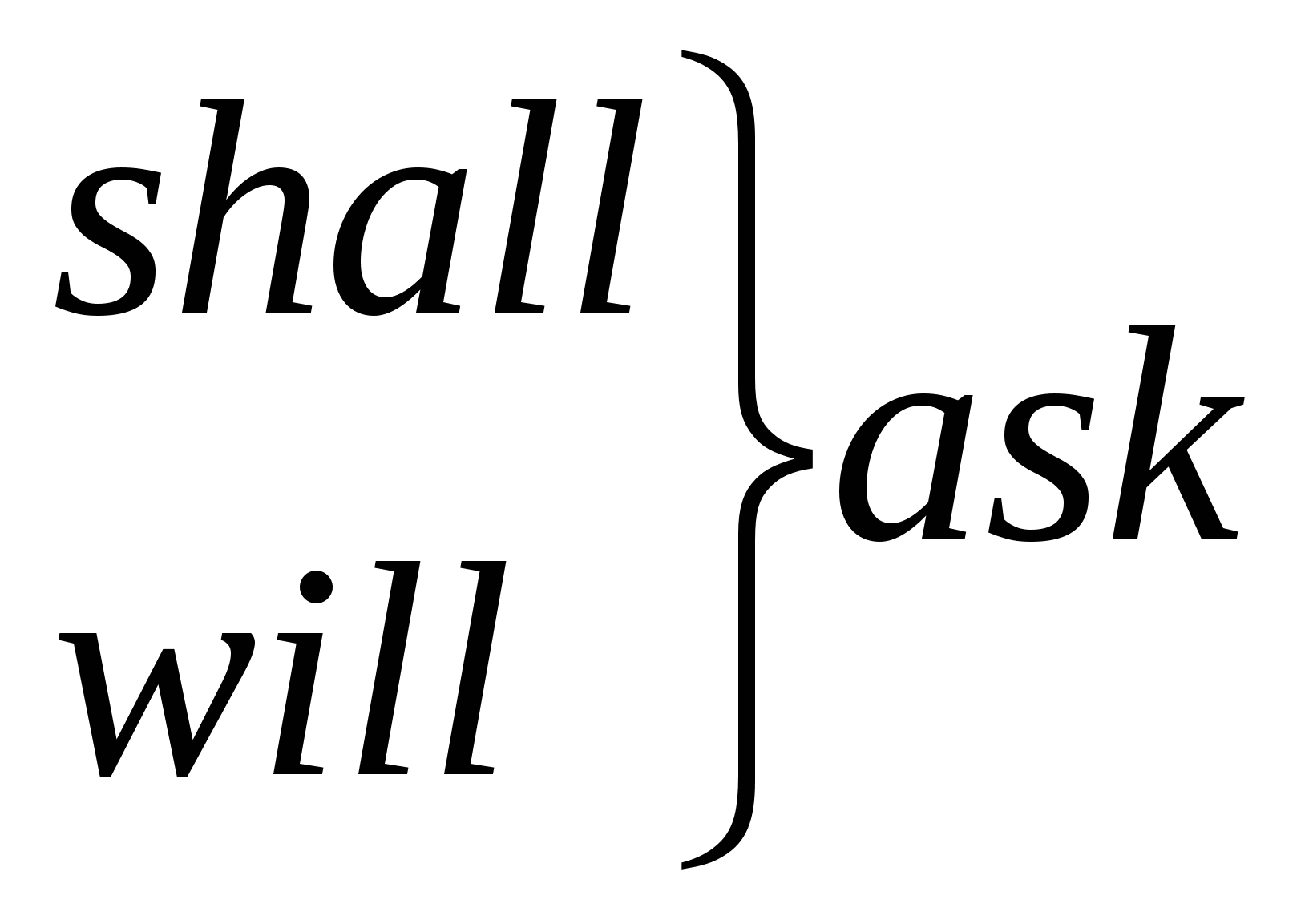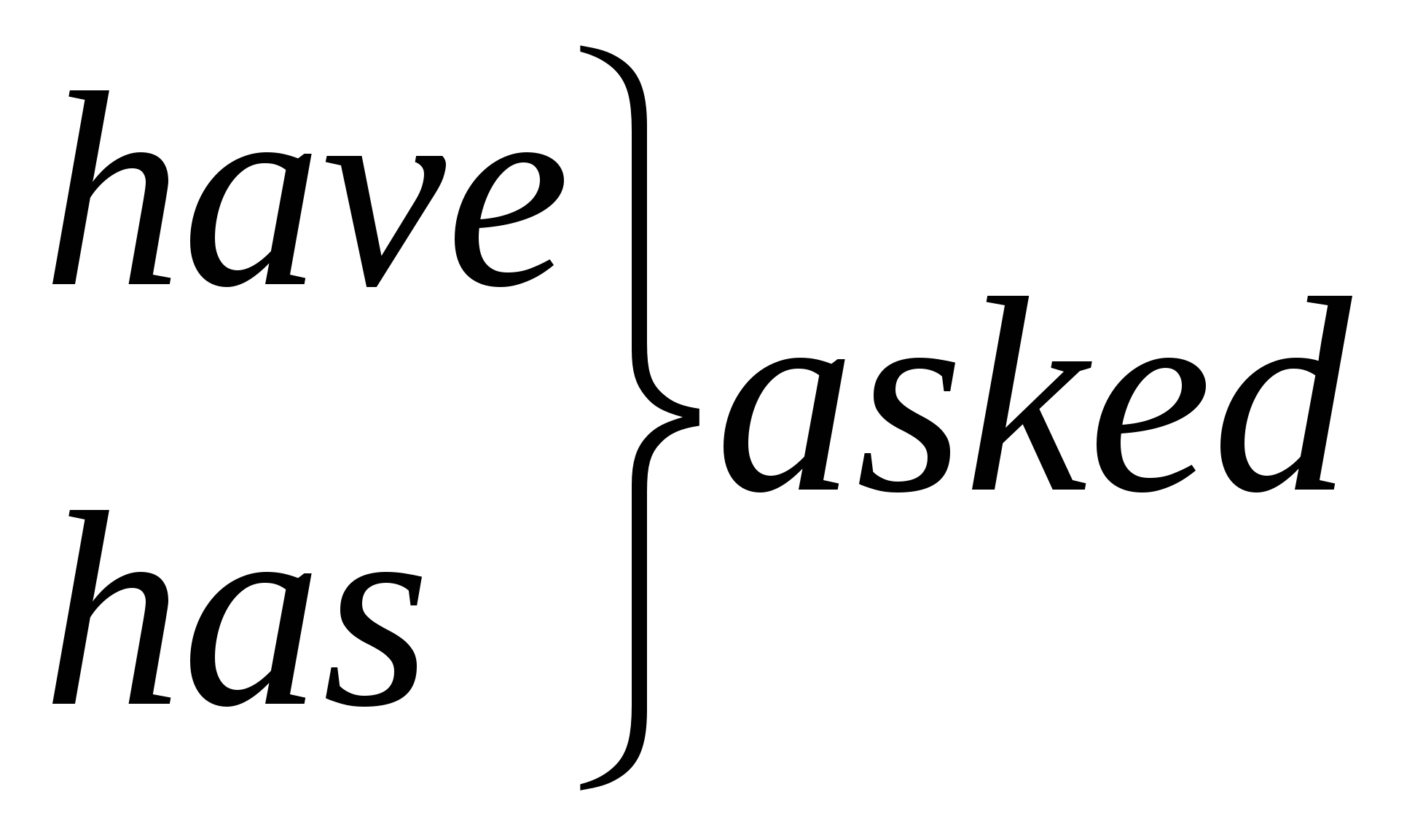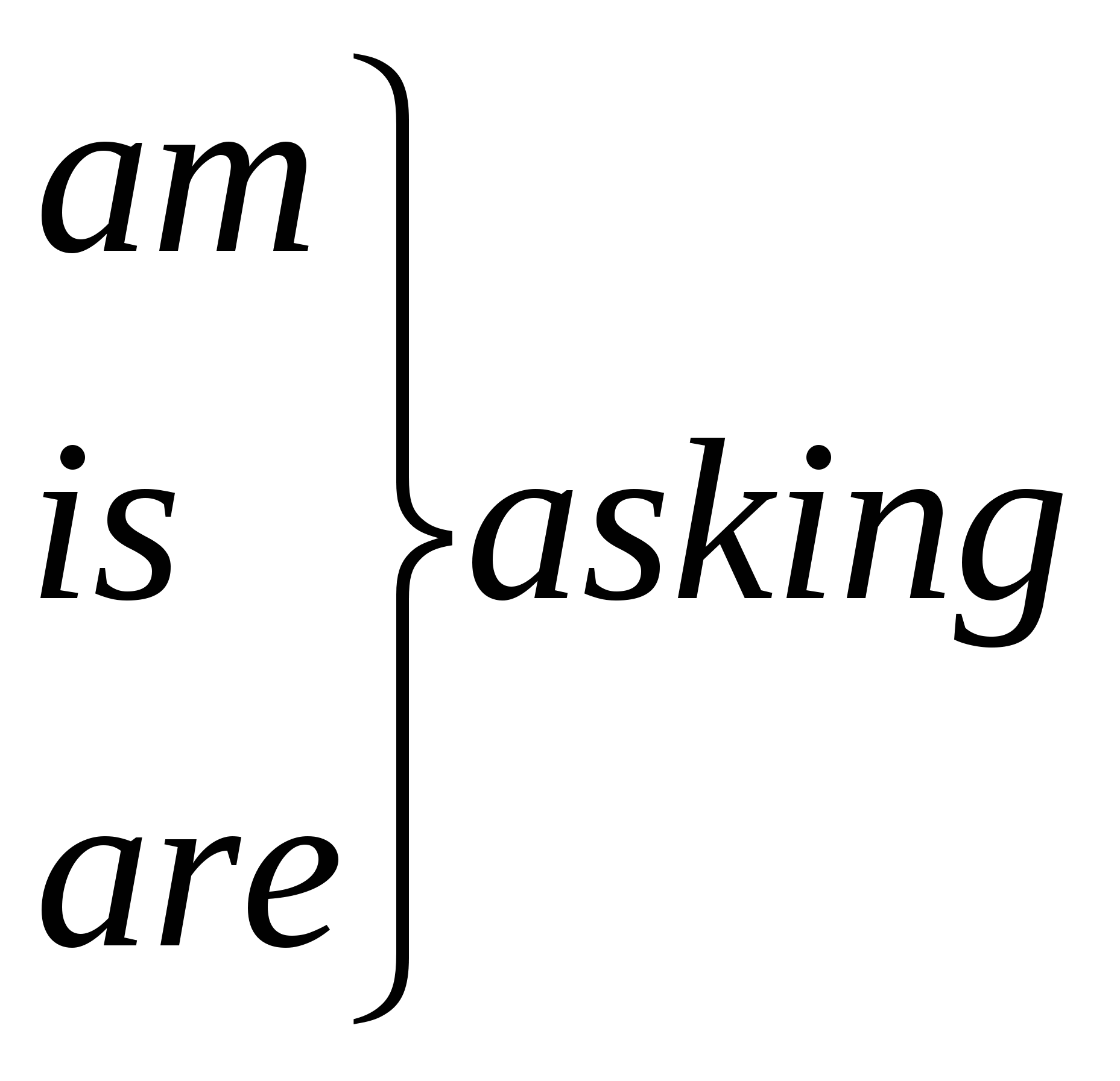Учебнометодическое пособие по формированию грамматической компетенции (английский язык) для студентов второго образовательного уровня
 Скачать 0.83 Mb. Скачать 0.83 Mb.
|
Passive Voice1. Страдательный залог показывает, что действие глагола – сказуемого направлено на лицо или предмет, выраженный подлежащим: Some of the results were shown in a simplified form. Некоторые из результатов были показаны в упрощенной форме 2.Passivevoice образуется с помощью вспомогательного глагола tobe в соответствующем времени, лице, числе и ParticipleIIсмыслового глагола. Сводная таблица форм глагола времен Simple, Progressive, Perfect (Active, Passive voice)
3. Поскольку Passivevoice употребляется в английском языке гораздо чаще, чем в русском, он может переводиться на русский язык несколькими способами: 1) Кратким страдательным причастием прошедшего времени (с глаголом-связкой “ быть” или без неё). 2) Глаголом на -ся в соответствующем времени и числе. 3) Неопределенно-личным предложением, т.е. без подлежащего, с глаголом в 3-м лице множественного числа. 4) Глаголом в действительном залоге.
4. Некоторые особенности перевода Passivevoice на русский язык. Если глагол–сказуемое, стоящее в страдательном залоге, требует при переводе на русский язык соответствующего предлога, то при переводе подобных глаголов предлог ставится перед словом, являющимся в английском предложении подлежащим.
Предлог, стоящий после глагола в страдательном залоге и не относящийся к следующим за ним словам, при переводе на русский язык ставится перед тем словом, которое в английском предложении является подлежащим:
Сказуемое, стоящее в самом конце предложения без пояснительных слов, следует при переводе ставить перед подлежащим:
5. Особенности перевода фразеологических сочетаний типа takecareofв страдательном залоге. Такие сочетания представляют собой смысловое единство и при переводе обычно передаются или соответствующим глаголом, или эквивалентным сочетанием глагола с существительным. Например, makeanattempt–попытаться, делать попытку payattention– обращать внимание giveattention– уделять внимание make (an) effort – делать усилие, стараться makemention (of) – упоминать о makereference(to) – упоминать, ссылаться на takeaccountof – учитывать, принимать во внимание takecareof – заботится, стараться Когда нужно привлечь внимание к самому действию, выраженному фразеологическим сочетанием, существительное выносится на первый план, а глагол принимает форму страдательного залога. Предложение переводится неопределенно – личным предложением:
Правильный перевод возможен только после того, как будет найдено фразеологическое сочетание и подобран к нему соответствующий русский эквивалент. 6. Предлог by + agent используется для обозначения того. кто произвел действие. Предлог with + instrument or material используется для обозначения того. чем произведено действие. He was knocked down by a lorry. (The lorry did the action.) The door was locked by a man with a key. (The key is the instrument the agent used.) The cake was made with flour, sugar and eggs. (Flour, sugar and eggs are the materials the agent used.) 7. Послемодальныхглаголовиспользуется be + past participle or have been + past participle. They may close down the supermarket. The supermarket may be closed down. They may have reported the bank robbery, The bank robbery may have been reported. Exercises 1. Translate into Russian. 1. People who speak Esperanto are internationally minded, concerned about social justice and peace. 2. The supervisory control system is a system that is placed on the top of a real-time control system. 3. Most site control is performed automatically by remote terminal units. 4. Other automatic controller devices were being developed before the advent of industry standards. 5. It doesn’t matter which method is used by you. 6. The method by which the data were gathered was not tightly controlled. 7. Electric currents may be propagated through the earth and this knowledge has been utilized in many ways in the transmission of signals. 8. Almost all the electricity we use is generated by great machines with magnets in them. 9. Think of megapixels as millions of dots of light that are being stored for each picture. 10. This article is intended to illuminate some aspects of the education process of control theory in Russia. 11. The study of artificial neural networks was initially inspired by neurobiology. 12. Some researchers are still studying the neurophysiology of the human brain but much attention is not being focused on the general properties of neural computation. 13. At present high-capacity optical transmission systems are being installed between many major US cities at a rapid rate. 14. Hence, many optimization processes have been developed in the last decades to achieve the best solution in this research process. 15. Two popular techniques have been developed for optimization process. 16. Technology is the application of math, science, and the arts for the benefit of life as it is known. 17. This concept is also referred to by some network security people. 18. In network diagrams, the Internet is often represented by a cloud symbol, into and out of which network communications can pass. 19. Every year the atmosphere is polluted by about 1000 tons of industrial dust and other harmful substances. 20. The problem has been studied for three years, but they haven’t got any result. 2. Put the verbs in brackets into the correct passive form. There is an old castle in Norwich which 1) is believed (believe) to 2)... (haunt). It 3)... (call) North Castle and it 4)... (say) that ghosts can 5) ... (see) there at night. The castle 6) ... (build) 400 years ago and 7) ... (own) by two old ladies who 8)... (believe) to bewitches. One day, long ago, they both disappeared and they 9)... (never/see) again. In 1985 the castle 10)... (buy) by a businessman and 11)... (convert) into a luxurious hotel. The castle 12)... (visit) by quite a few guests every year and special groups 13)... (organize) to watch for ghosts. It has been a long time since any ghosts 14)... (see) but one night a 15) ... (play) on some visitors by a local couple, who dressed up as the "witches". They 16)... (see) by a guest, who said she17)… (frighten) almost to death. The couple apologized the next day and 18)... (tell) never to visit castle again, certainly not in the middle of the night dressed up as witches. 3. Put the verbs in brackets into the correct passive form. Professor Higgins, who 1) was awarded(award) a major science prize last month, 2)... (invite) to take part in a conference which 3)... (hold) in London last week. He 4)... (meet) at the airport by a driver who, unfortunately, 5)... (give) the name of the wrong hotel to take the professor to. A large reception 6)... (organize) for the professor, and at least 200 eminent scientists 7)... (invite) to meet him that evening. The poor professor, however, 8)... (leave) at a small hotel in a rather bad area, and when he asked to speak to the Head of the Conference Committee he 9)... (tell) to try somewhere else because he 10) ... (not/hear of) there. Luckily, later that evening, the driver 11... (send) to the hotel where the reception 12) ... (hold), and when he 13) ... (ask) what he had done with the professor, everyone realized that a mistake 14)... (make). The professor says that if he 15)... (ever/send) another invitation to a conference, he hopes it 16)... (organize) more efficiently. 4. Rewrite these sentences in the Passive Voice.
5. Turn from Active into Passive. Example: An expert is restoring the antique car. The antique car is being restored by an expert. 1. Steven Spielberg has directed a lot of successful films . 2. The judge has fined him £300. 3. A number of reporters will meet the professor at the airport. 4. A famous designer is going to redecorate the President's house. 5. The Romans founded Bath in the first century A.D 6. A nightmare woke Mary up . 7. Muslims celebrate Ramadan. 8. Van Gogh painted "Sunflowers" 9. Astronauts are exploring space. 10. They kill elephants for ivory. 11. Homer wrote the "Iliad". 12. People chop down a lot of trees every year. 13. The government will introduce new measures against crime. 14. Someone has burgled Ann's house. 15. She offered me a cup of tea. 16. They check passports at Passport Control. 17. A million people visit the cathedral every year . 18. Someone has stolen Mike's bicycle. 6. Rewrite the following passage in the Passive Voice. Somebody gave me a goat for my birthday last year. They had bought it from a farm down the road. We keep it tied to a tree in our garden. My father normally looks after it, but last week his company sent him abroad on business. A few days later, our neighbor called me to the window. I hadn't tied the goat up properly. The goat was eating her washing! 7. Fill in "by" or "with". 1.The window was broken with a hammer. 2.He was knocked down…..a car. 3. The lion was shot …..a rifle. 4. That novel was written….. D. H. Lawrence. 5. The garden was dug…. a spade. 6. The city was attacked….. the enemy. 7. The pudding was made…..fruit and chocolate.
8. Fill in the correct form of the verbs (Active or Passive) A florist is taking a telephone order from a customer. Customer: Hello, I'd like to order some flowers, please. Florist: Certainly, sir. When would you like them to be delivered(deliver)? Customer: Can they 2)..... (deliver) on Monday? Florist: Oh, I'm sorry, sir. No flowers can 3)... (send) on Monday because it's a bank holiday. The shop will be closed. Customer: Oh, can they 4)... (send) on Friday then? Florist: Certainly, sir. Where should they 5)... (take) to? Customer: 47. Hanson Road. Croydon. Florist: Okay, and who should they 6)... (address) to? 9. Turn the following sentences into the Passive Example: Scientists might discover a cure for cancer. A cure for cancer might be discovered. 1. Someone should help the old woman across the street. 2. They might have arrested the escaped prisoner. 3. They should have provided more food at the reception. 4. They ought to warn the public about him. 5. They should build more bus lanes. 6. They could have written the answers more clearly. 10. Rewrite the following passage in the Passive. Our apartment-block is starting a new scheme. We will collect all the old newspapers and tin cans. We will put them in a special container. When the container is full, the council will collect it. They will take it to a factory. The factory will recycle the newspapers and cans into something new. Chapter 3 | |||||||||||||||||||||||||||||||||||||||||||||||||||||||||||||||||||||||||||||||||||||||




